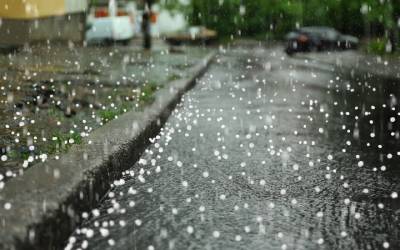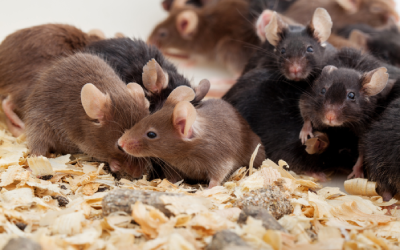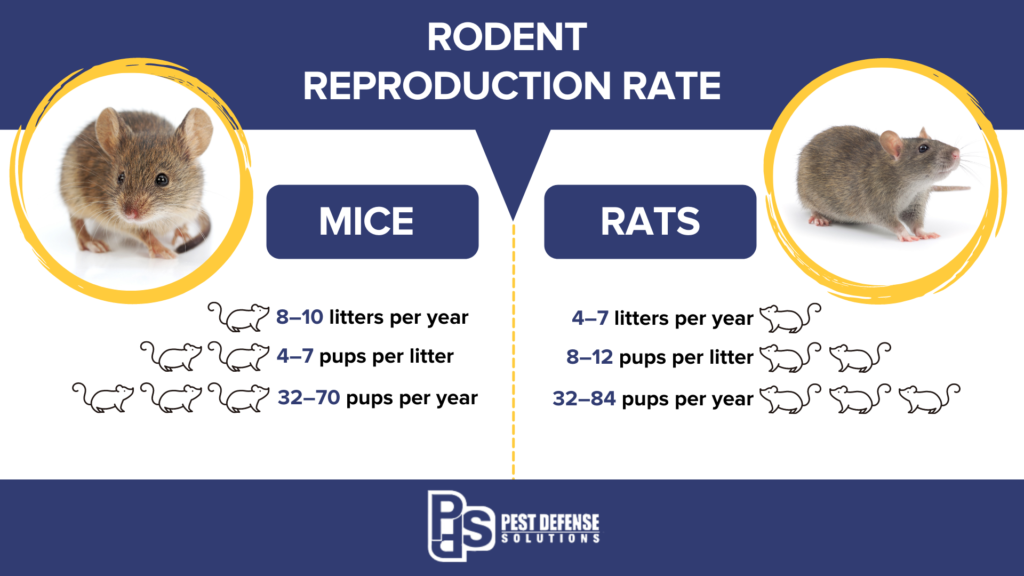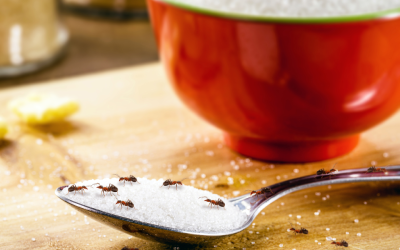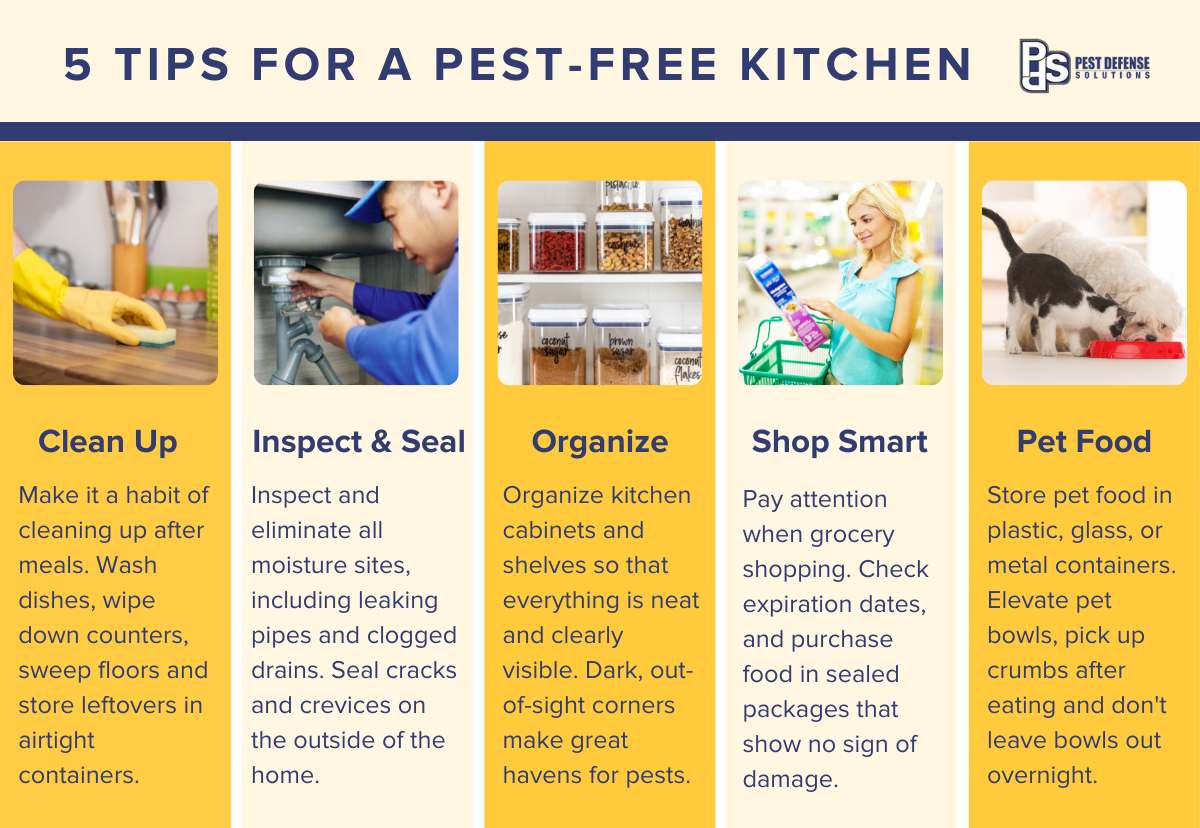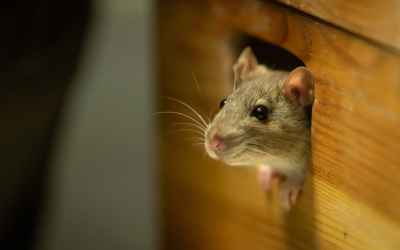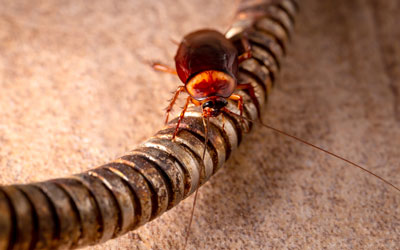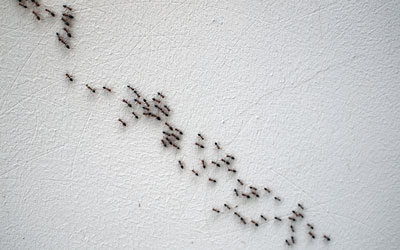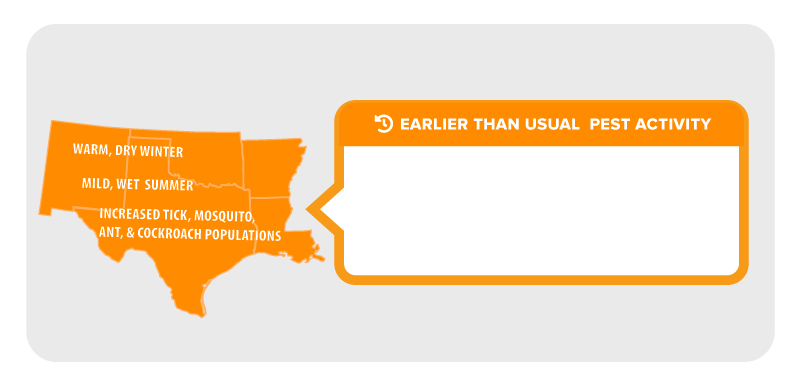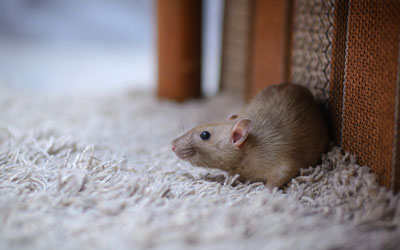With hot summers and relatively low annual precipitation, New Mexico is loved for its annual abundance of sunshine. However, our weather isn’t always perfect. Each year, cities across the state experience a variety of extreme weather conditions such as thunderstorms, heavy rain, or severe droughts.
Serious storms can be hazardous and destructive. But, most people overlook one major factor that can contribute to long-term property damage: pest infestations. By significantly altering their natural habitat, severe weather conditions can push pests out of their homes and into yours. Understanding how extreme weather attracts pests can help you protect your property from infestations, even in the face of an unexpected storm.
How Weather Influences Pest Behavior
Most rodents and insects rely heavily on their surroundings to survive. So, any rapid change in their environment will have a lasting impact on their regular habits. That said, it’s important to note that each species is different. Some pests thrive in hot and dry conditions, while others need moisture and cool shade to survive. Here are the two main environmental factors that influence pest behavior:
Temperature
A lot of pests depend on annual temperature patterns for key parts of their life cycle. For example, many insects will begin reproducing when the weather heats up in the summer, and most rodents will seek shelter and start nesting as things cool off in the early fall. A sudden dip or spike in the temperature during a severe weather event could alter pest behavior by:
- Decreasing pest populations: Insects in particular are heavily influenced by temperature, largely because they are ectothermic and unable to produce any body heat of their own. For that reason, a large number of insects may die off during freezing conditions. While this can help control the populations of some unwanted pests, such as mosquitoes, it could also negatively impact the local environment by killing off beneficial critters such as bumblebees.
- Increasing indoor infestations: Whether things get severely hot or cold, rapid weather changes may encourage pests to seek shelter indoors. Since our homes and businesses are temperature controlled, they become the ideal hiding place for pests who are unable to survive in the harsh outdoor conditions.
- Growing certain pest populations: Here in New Mexico, heat waves are a pretty common occurrence – especially in the summer. Some pests thrive in warm conditions, which could cause them to become more active or reproduce longer into the season.
- Heightening pest aggression: Though some pests thrive in warm environments, extreme heat can dry out the landscape. Without moisture, the pests may die off or become desperate for survival. In their desperation, certain species – such as wasps – may become more aggressive toward humans.
Heavy Rains or Flooding
From April to July, many areas in New Mexico experience serious rainfall or thunderstorms. Particularly if the rain leads to flooding, these types of storms may lead to a sudden increase in insect and rodent activity. Excess water can influence pest behavior by:
- Washing away or destroying nests: Even if the flooding doesn’t seem severe to you, a small stream of water is all it takes to flood out an ant nest or mouse burrow. Any displaced pests will search for shelter elsewhere, which could lead them into your property.
- Providing a place for some species to breed: Mosquitoes only require a half-inch of stagnant water to reproduce. Puddles leftover from serious rainfall could provide the perfect environment for these types of pests to thrive, leading to a sharp increase in their populations.
Droughts
Summers here are long, hot, and dry. Though many of our local pests have adapted to withstand the heat, they still need water to survive. Droughts can kill off pests that don’t have access to water, and the dryness may ultimately lead to more indoor infestations. During a drought, our homes have more water than the rest of the environment. From leaky pipes to lawn sprinklers, it’s important to be aware that any moisture could attract a whole slew of pests when it’s dry outside.
How to Prevent Pests During Extreme Weather
Pests can be a major issue for home and business owners. From property damage to health risks, unwanted critters are the last thing you want to deal with during a serious storm. Though extreme weather can attract pests to your property, there are several steps you can take to prevent them from getting indoors:
- Fix broken window or door screens
- Repair worn-out weather stripping
- Seal off any cracks and gaps that lead into your home
- Repair leaky pipes, dripping faucets, or other plumbing issues
- Get professional pest control services
Infestations can be stressful to deal with any time, but they are particularly difficult to handle on top of a serious storm. If you want help protecting your property from pests no matter the weather, turn to the experts at Pest Defense Solutions! With over 15 years serving the Albuquerque area, our highly trained technicians know how to handle any local rodents or insects that you may be dealing with. We strive to deliver reliable, long-lasting results that you can depend on. Get started with your free quote today!

